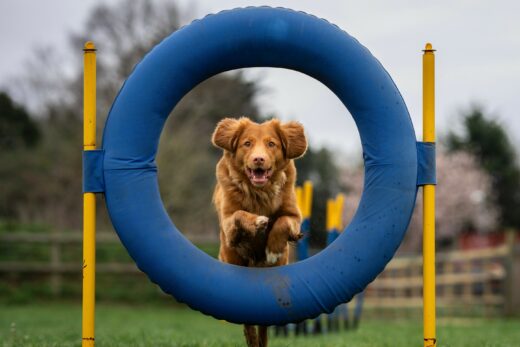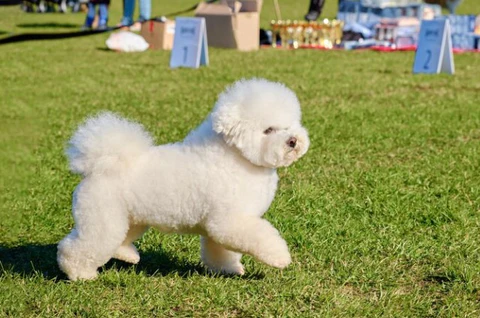Reactive dogs may bark, growl, lunge, and even try to bite when confronted with one of their triggers. This makes them hard to socialize and sometimes even take them out of the house — but with proper training, you can eventually desensitize your reactive dog to their triggers and start socializing them in public. Here are six tips for training a reactive dog:
Identify your dog’s triggers.
While there are some common triggers for reactive dogs, every dog is individual and has their own idiosyncratic dislikes. Take some time to sit down and make a list of everything that your dog reacts to, whether that’s a specific breed of dog or men with beards. Rank each item in terms of how reactive your dog is to it. If they are only a little bit nervous around a trigger, that’s completely different from trying to bite or attack another person or dog.
Save triggering situations for later.
When it comes to socializing a reactive dog, don’t try to go the exposure therapy route and flood them with their triggers. This will only result in traumatizing your dog and potentially making them even more reactive. If the dog park or doggie daycare makes them super reactive, skip these overstimulating situations and choose another scenario that won’t trigger your dog instead. In most cases, the best way to get a reactive dog ready for socializing is to slowly expose them to their triggers in a controlled environment and reward them with natural dog treats until they no longer react so strongly.
Make them feel loved and taken care of.
Ensuring your dog’s basic hierarchy of needs is key to successfully training a reactive dog. This means not only covering basics like food, water, and shelter, but also making sure that your dog feels secure and loved by you and the rest of your household. Don’t smother them with affection if they don’t like that, but make sure that they know they aren’t in trouble and that you love them. Tiring them out with enough exercise may also help make them less reactive. If going on walks is out of the question, try playing fetch in the house or backyard to work off some of their excess energy.





